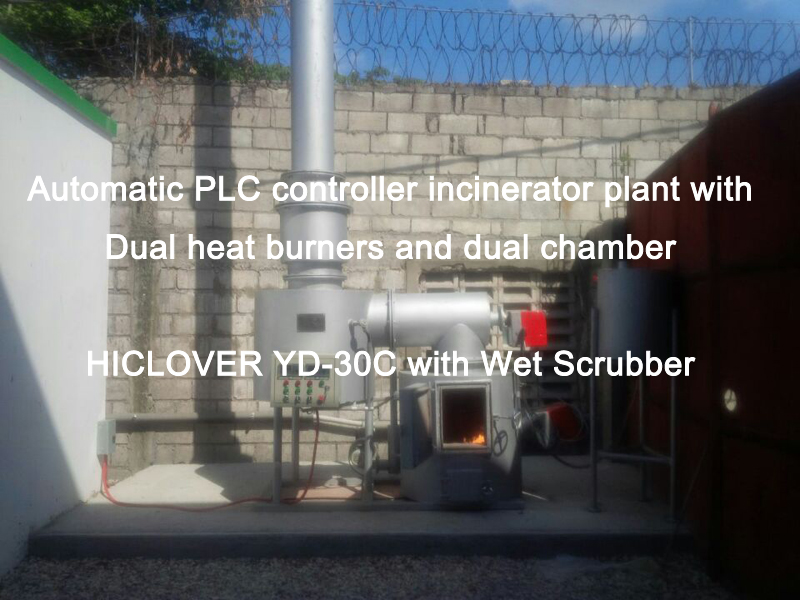Proper waste disposal in hospital settings is a critical aspect of healthcare management as it directly impacts the health and safety of patients, healthcare providers, and the community at large. Hospitals generate a significant amount of waste on a daily basis, including infectious and hazardous materials, pharmaceuticals, and general medical waste. Improper disposal of these materials can lead to harmful environmental and public health consequences, making it essential to implement effective waste management practices in healthcare facilities.
One of the most important reasons for proper waste disposal in hospitals is the prevention of healthcare-associated infections (HAIs). Improper handling and disposal of infectious waste can lead to the spread of pathogens and increase the risk of infections among patients and healthcare workers. By implementing proper waste segregation, packaging, and disposal protocols, hospitals can minimize the risk of spreading infectious diseases within their facilities.
Furthermore, proper waste disposal in hospital settings is crucial for environmental protection. Many healthcare wastes, such as pharmaceuticals, chemicals, and radioactive materials, can pose serious environmental threats if not disposed of correctly. These materials can contaminate soil, water, and air, leading to long-term environmental damage and potential health risks for the surrounding community. By implementing proper waste management practices, hospitals can reduce their environmental footprint and contribute to sustainable healthcare operations.
In addition to protecting public and environmental health, proper waste disposal also ensures compliance with regulatory requirements. Healthcare facilities are subject to strict regulations and guidelines governing the management and disposal of healthcare waste. Failure to comply with these regulations can result in penalties, legal liabilities, and damage to a hospital’s reputation. By following proper waste disposal protocols, hospitals can avoid potential legal and financial repercussions while demonstrating their commitment to ethical and responsible waste management practices.
Proper waste disposal in hospital settings also plays a role in resource optimization and cost management. By implementing efficient waste segregation and recycling programs, hospitals can reduce the volume of waste sent to landfills, minimize disposal costs, and potentially generate revenue from recycling initiatives. Moreover, effective waste management practices can contribute to the overall sustainability and efficiency of hospital operations, ultimately leading to cost savings and improved resource utilization.
To achieve proper waste disposal in hospital settings, it is essential for healthcare facilities to establish comprehensive waste management plans and provide staff with appropriate training and resources. This includes implementing waste segregation and labeling protocols, providing secure and designated storage areas for different types of waste, and ensuring the availability of appropriate disposal methods and equipment. Moreover, hospitals should collaborate with licensed waste management contractors to ensure the safe and compliant disposal of hazardous and infectious waste materials.
In conclusion, proper waste disposal in hospital settings is a critical aspect of healthcare management that encompasses public health, environmental protection, regulatory compliance, and resource optimization. By implementing effective waste management practices, hospitals can minimize the risk of healthcare-associated infections, protect the environment, meet regulatory requirements, and optimize resource utilization. Ultimately, proper waste disposal contributes to the overall safety, sustainability, and efficiency of healthcare operations.



